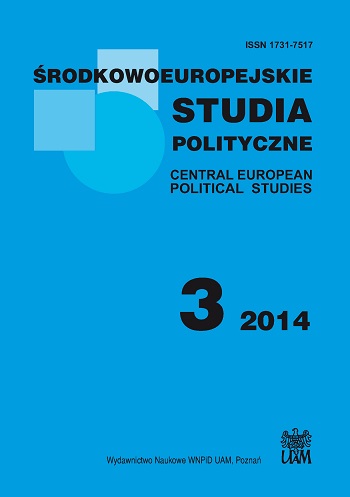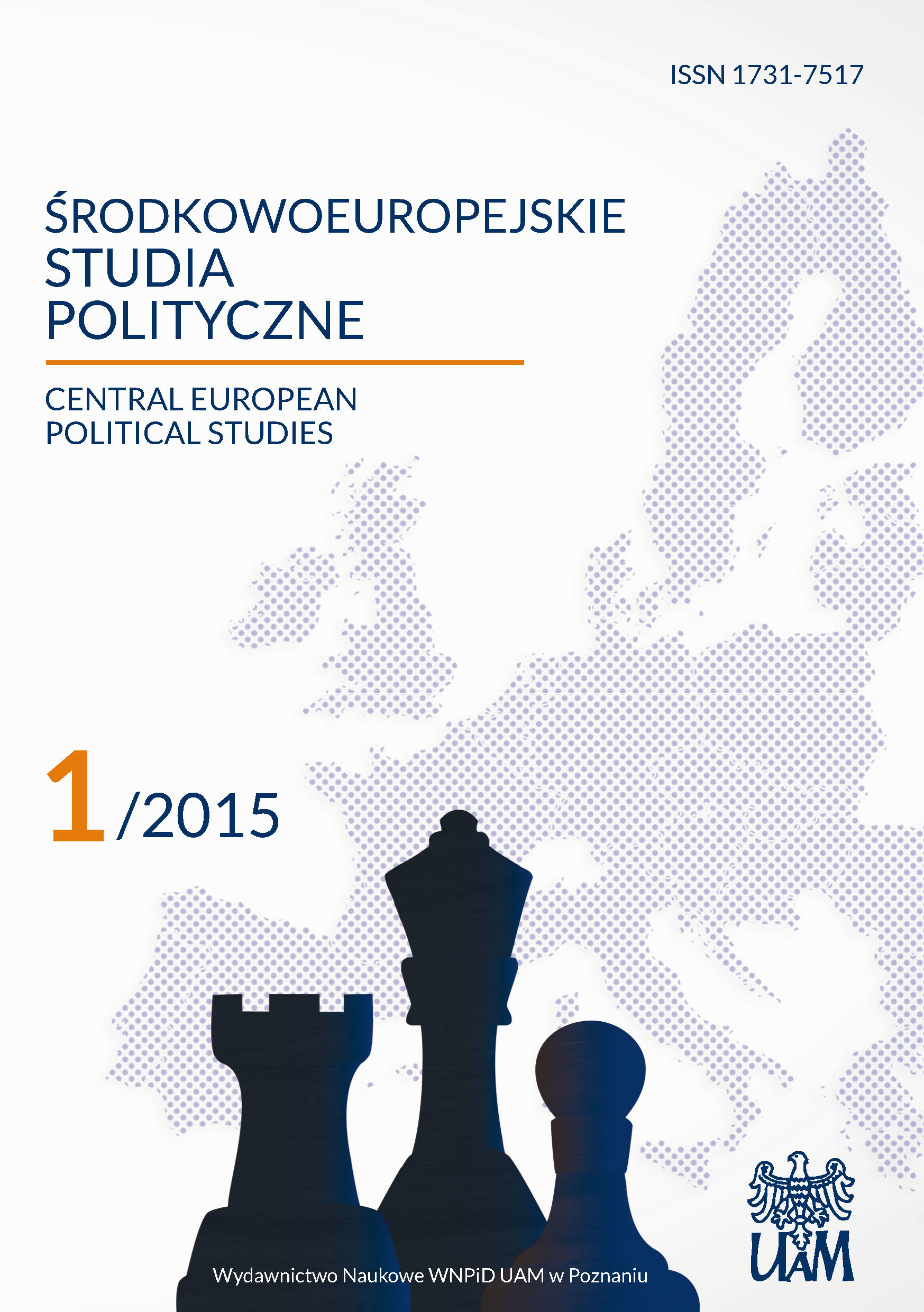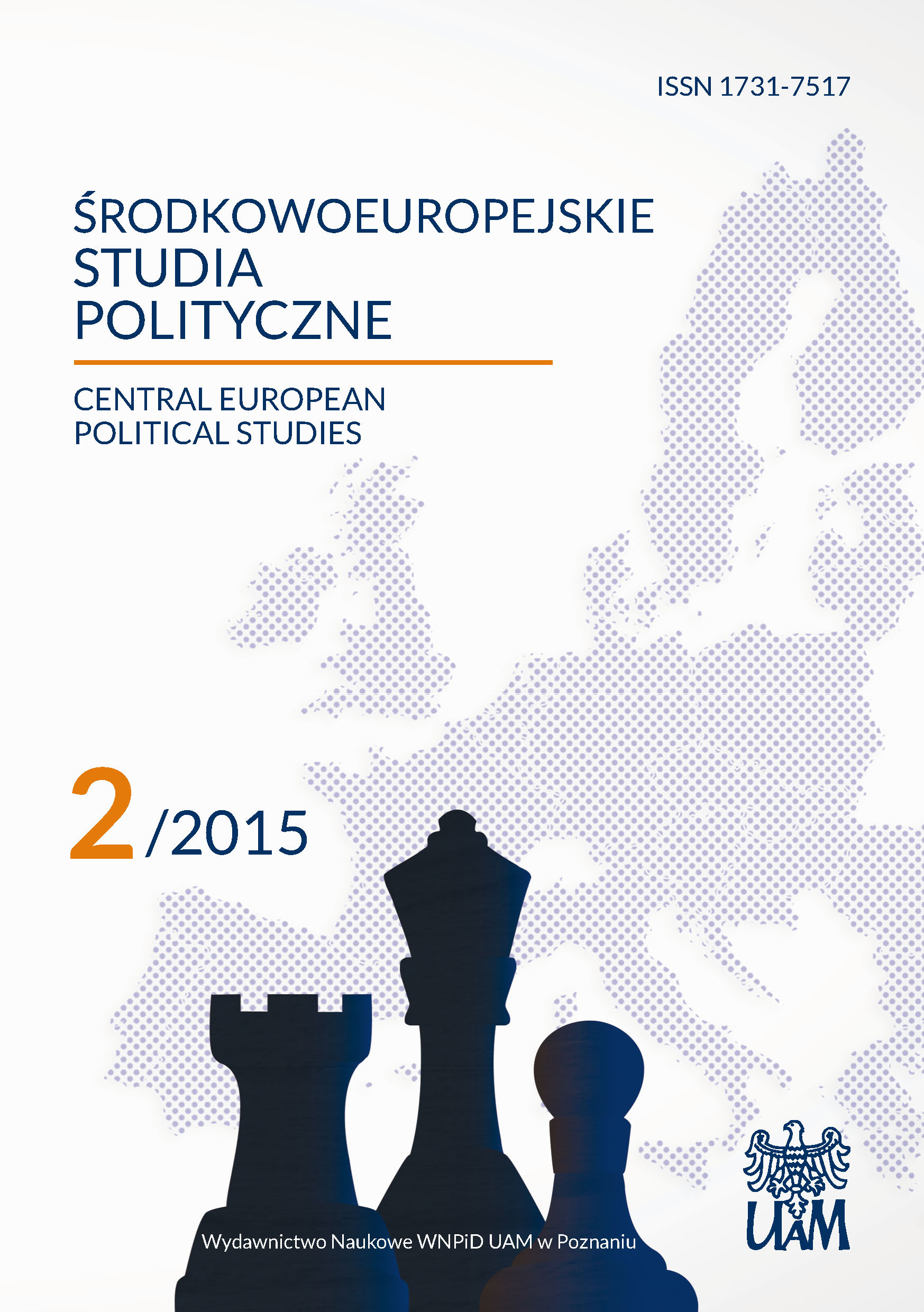
International Aspect of the Status of Academic Freedom in European Culture
Wolność akademicka należy do tych wolności, które stosunkowo późno doczekały się sformułowania zarówno w międzynarodowych, jak i krajowych aktach normatywnych. Na wolność akademicką składa się w pierwszym rzędzie wolność nauczania i badań dla nauczycieli akademickich, a więc głoszenie własnych poglądów i prowadzenie badań zgodnie z wymogami naukowości i nakazami sumienia; wolność wyboru metod i problematyki badawczej, ogłaszania i publikowania wyników; możność uprawiania tzw. czystej nauki, zmierzającej wyłącznie do pogłębiania wiedzy i osiągnięcia prawdy w danej dziedzinie bez oglądania się na jakiekolwiek względy utylitarne. Po drugie elementem tej wolności jest prawo studentów do swobodnego studiowania i dochodzenia do wiedzy, tj. wolnego wyboru uniwersytetu, przedmiotu studiów, nauczycieli akademickich. Po trzecie wreszcie składnikiem wolności akademickiej jest pełna autonomia wewnętrzna i zewnętrzna uniwersytetu w postaci wyboru władz, obsady katedr, egzaminów, własnego sądownictwa zajmującego się wykroczeniami przeciwko regulaminom uniwersyteckim, w tym wolność od nieuprawnionych ingerencji lub restrykcji ze strony władz publicznych. Dyskusyjne są granice wolności akademickich, formułowane zwłaszcza w okresie wojen. Przyjmuje się, że wytyczają granice wolności akademickiej względy etyczne, interes publiczny i państwowy. wolność akademicka uznawana jest jako immamentna cecha uniwersytetu, a jej treścią są rozległe uprawnienia statutowe o charakterze samorządowym, autonomia oraz wolność nauki i nauczania. Autonomia winna być pojmowana jako uprawnienie do samookreślenia i samego decydowania uniwersytetu, a szczerzej ujmując uczelni wyższej, o sobie. Wolność akademicka pozwalać ma także na korzystanie przez uczonych z prawa wolności słowa oraz z możliwości podejmowania działalności w rozmaitych organizacjach politycznych i społecznych. Prawa te gwarantowane są zarówno w aktach prawa międzynarodowego, jak i w prawie wewnętrznym państw demokratycznych wszystkim obywatelom. Oczywiście wolność akademicka, jak wszelka wolność - o czym niestety się dość często zapomina zwłaszcza w odniesieniu do wolności prasy - nie ma charakteru nieograniczonego. W literaturze wskazuje się na jej ograniczenia zewnętrzne, które sprowadzają się do zakazu przekazywania wiedzy nieaktualnej oraz treści. które zostały skutecznie obalone w toku dyskursu naukowego. Potrzeba sformułowania instytucjonalnych podstaw wolności akademickiej była wielokrotnie dyskutowana i formułowana w rozmaitych dokumentach. W Wielkiej Karcie Uniwersytetów Europejskich określono katalog najistotniejszych zasad tworzących razem wolność akademicką, a mianowicie: autonomię, jedność, wolność i uniwersalność, przy czym najważniejszą wagę wśród nich przywiązuje się do zasady autonomii. Potwierdza to Deklaracja Erfurcka w sprawie autonomii wyższych uczelni. W europejskim prawie regionalnym wolność akademicka została wyraźnie sformułowana w zdaniu 2 art. 13 Karty Praw Podstawowych Unii Europejskiej.
More...

